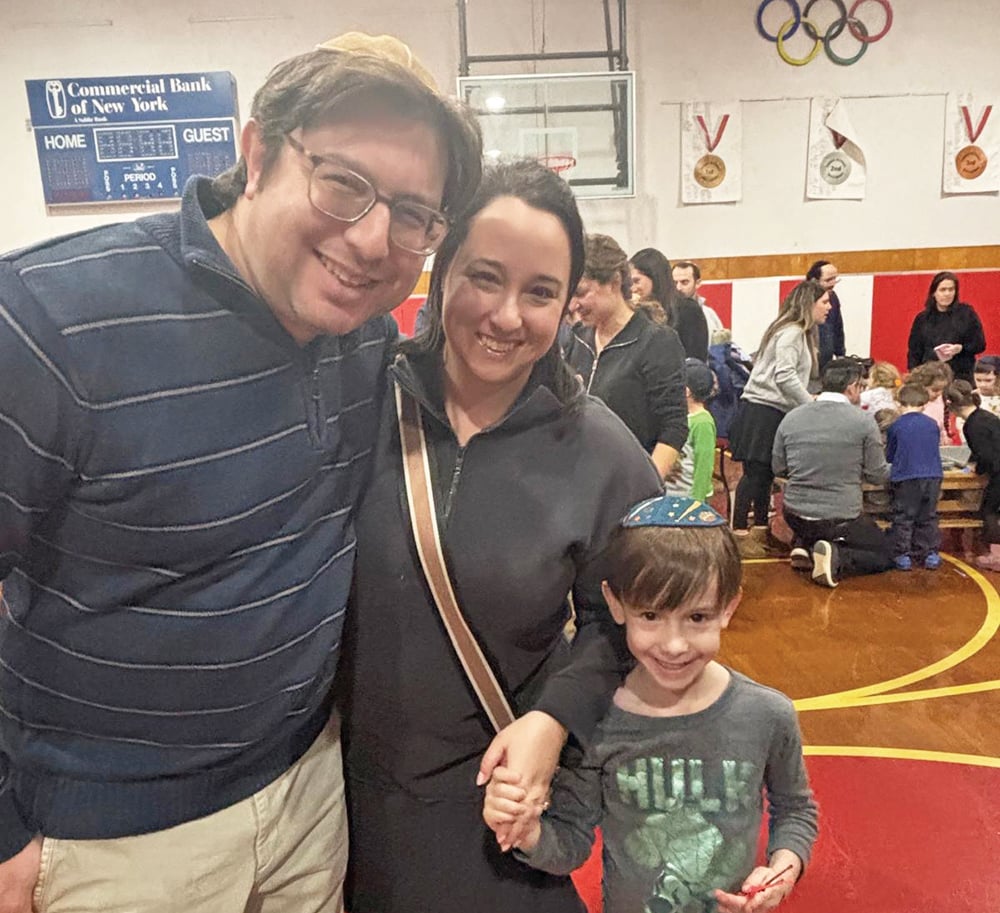Many centuries before the Austrian physician Sigmund Freud (1856-1939) studied dreams, their meaning for and impact on the individual, the Sages of the Talmud (Berachot 55b) focused on dreams. In fact, dreams already play a prominent role in the Bible; in connection with biblical dreams, one immediately thinks of Joseph, Pharaoh, Nebuchadnezzar and Daniel.
The Sages of the Talmud encouraged the individual to seek the meaning of his/her dream. They taught, “An uninterpreted dream is like an unopened letter.” They understood that a bad dream or nightmare—sometimes accompanied by a sense of helplessness and even oppression—could be frightening. Such a bad dream could lead the individual to a state of anxiety and emotional distress.
The Sages sought to help such an individual by introducing a prayer to be recited in the context of birkat kohanim during the Mussaf service on the festivals. The individual petitions God that the dream should have a favorable outcome—for himself and his family. The hope is that in the context of kohanim invoking God’s blessings, an auspicious outcome is more than possible.
However, we only have birkat Kohanim on the festivals. What can a person do to calm himself from the devastating impact of a nightmare when there is no imminent festival? The Sages provide another avenue to ameliorate a dream. They enable the individual to give the dream a positive orientation by assembling three people and state to them that he had a nightmare. They respond by assuring the dreamer that it will be positive. The friends recite three verses highlighting God’s capacity to reverse a bad outcome to a good outcome. They then add three verses underscoring God’s ability to redeem an individual and another three verses supporting God’s role in granting people inner peace.
Congregation Keter Torah, Teaneck, has sponsored Torah in the AM study forum for retirees for the past 12 years. Since the outbreak of Covid-19, Torah in the AM has been conducted through Zoom. This past week, an individual told me about a terrible dream that they experienced. Even after fasting for several days, the anxiety did not diminish. I was requested to ask some participants of the group to remain after the Talmud shiur for the procedure of Amelioration of Dreams as described in the Talmud (Berachot 55b). During the current pandemic, it was difficult to actually assemble retirees who are vulnerable and therefore cautious. Therefore, Zoom was the perfect arrangement. It was a first Amelioration of Dreams for most participants, certainly a first via Zoom.
May God convert the individual’s nightmare to a dream of life, good health, inner peace for him/her and their entire family.
Rabbi Dr. Menahem Meier served as founding principal, The Frisch School, (1971-1997), currently teaches at Torah in the AM, and lives in Teaneck with his wife, Dr. Tzipora Meier.













